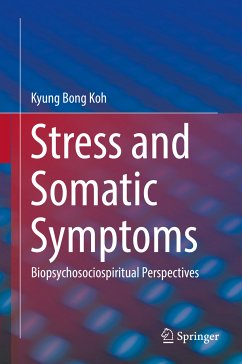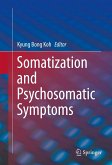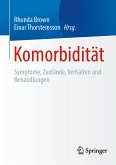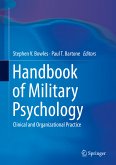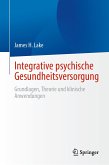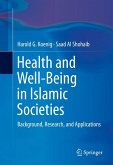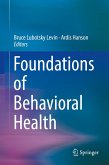This book consists of four parts. Part 1 'Stress' explores stress, vulnerability, and resilience; intermediate mechanisms between stress and illnesses such as psychoendocrinology and psychoimmunology; the measurement of stress; and the relationship between stress and accidents.
Part 2 'Somatization' deals with the concept, mechanisms, assessment, and treatment of somatization. In addition, somatic symptom and related disorders in DSM-5 is included. However, the approach to chronic pain is separately added to this part because pain is a major concern for patients with these disorders. Part 3 'Specific physical disorders' mainly deals with common and distressing functional physical disorders as well as major physical disorders. Therapeutic approach for individuals at risk of coronary heart disease is also included.
Part 4 'Religion, spirituality and psychosomatic medicine' emphasizes the importance of a biopsychosociospiritual perspective in an approach for patients with somatic symptoms, especially depressed patients with physical diseases and patients with terminal illnesses because of the growing need for spirituality in such patients.
This book explores stress and a variety of issues relevant to the assessment and treatment of disorders with somatic symptoms in terms of biopsychosociospiritiual perspectives. It will be of interest to researchers and healthcare practitioners dealing with stress, health and mental health.
Dieser Download kann aus rechtlichen Gründen nur mit Rechnungsadresse in A, B, BG, CY, CZ, D, DK, EW, E, FIN, F, GR, HR, H, IRL, I, LT, L, LR, M, NL, PL, P, R, S, SLO, SK ausgeliefert werden.

